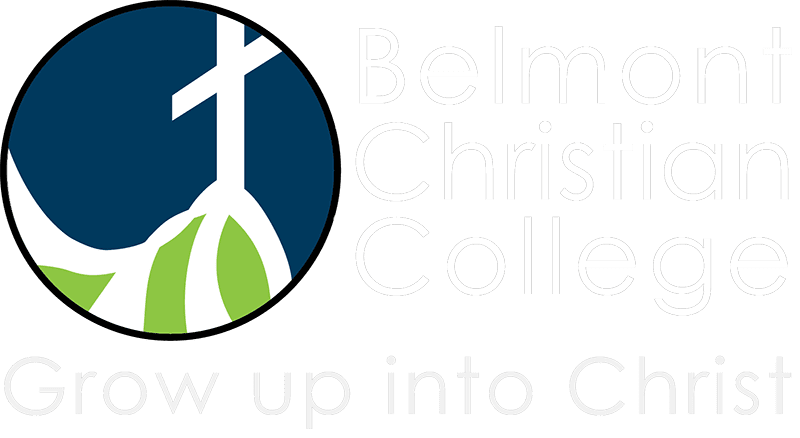HSC | Ancient History
< Back to HSC at Belmont Christian College
Course Description
The study of Ancient History engages students in an investigation of life in early societies based on the analysis and interpretation of physical and written remains. It offers students the opportunity to investigate the possible motivations and actions of individuals and groups, and how they shaped the political, social, economic and cultural landscapes of the ancient world.
Ancient History stimulates students’ curiosity and imagination and enriches their appreciation of humanity by introducing them to a range of cultures and beliefs as well as to the origins and influences of ideas, values and behaviours that are still relevant in the modern world.
Topics studied in Year 11
- Investigating Ancient History – The nature of Ancient History
- Case Study: Troy or Boudicca
- Case Study: Persepolis or Masada
- Historical Investigation (individual topic)
- Ancient Societies: Greek and Roman Women; Weapons and Warfare in Assyria and Rome; Power and Image in Persia and Rome
Topics studied in Year 12
- Cities of Vesuvius: Pompeii and Herculaneum
- Ancient Society: Sparta or Israel
- Personality: Xerxes or Agrippina the Younger
- Historical Period: Greek World 500-440 BC or Julio-Claudians 14-68 AD
What do you do in this course?
Analyse and challenge accepted theories and interpretations about the ancient world, especially in light of new evidence or technologies.
Analyse different interpretations and representations of the ancient world in forms such as literature, film and museum displays.
Consider important ethical issues associated with present and future ownership, administration and presentation of the cultural past.
Learn to appreciate our responsibility for conserving and preserving the world’s cultural heritage.
How can this course help you in the future?
The knowledge, understanding and skills that students acquire through studying Ancient History provide a firm foundation for further study, the world of work, active and informed citizenship, and for lifelong learning.
It fosters a critical approach to understanding events, issues and interpretations as well as the effective communication of accounts conveying ideas, judgements and evidence.
